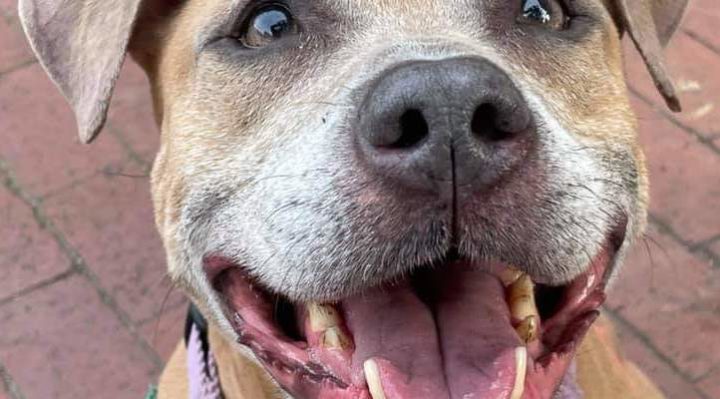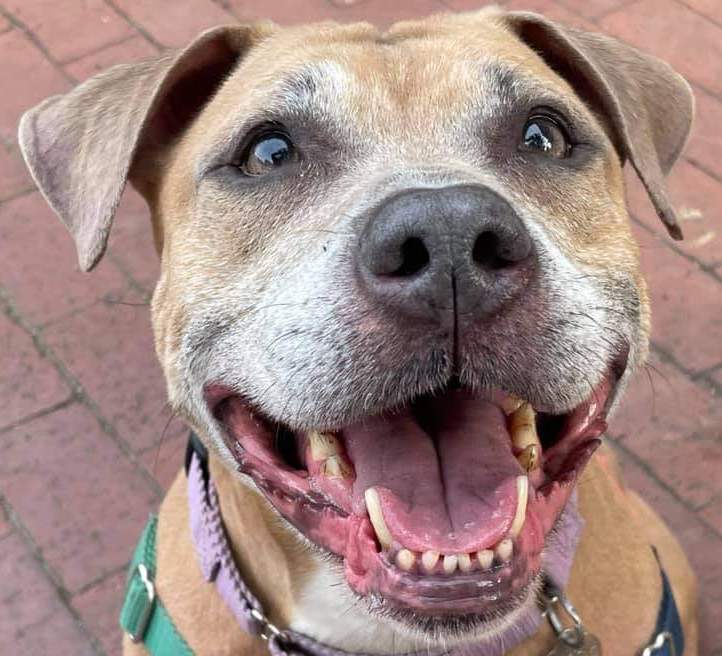
At the end of last year, I asked pet professionals and pet lovers online to suggest subjects they’d like to see discussed here in our weekly blog, especially with advice for new or novice pet guardians.
We’ll take one topic—choosing a veterinarian—for our first discussion.
I asked, “What are important considerations when you’re choosing a new veterinarian, for whatever reason, for a pet of your own? What would you encourage a novice pet guardian (any sort of pet) to look into and to think about when they’re deciding where to take a new pet for veterinary care?”
I asked veterinarians for their thoughts, too.
Jaxon Riley (Washington) Reliable personal recommendations.
Cathy Collins (Michigan) Recommendations from friends as to the thoroughness (during examinations) of the vet.
Mary Tichenor (Minnesota) Trust.
Lee Ellen Copstead Kirkhorn (Minnesota) Compassion, good communication, and, of course, brains and ability.
Cheri A. Moore (Washington) My comfort with the vet. Meaning that I feel they listen to me and treat me with respect. My pet needs to like them as well. Location is important, too. I want one that’s fairly close to my home.
Jacqui Halvorson (Washington) Experience and cost!
Lonnie Evans Pearson (North Carolina) How many doctors do they have? Do they have X-ray and lab technology? Are the pets evaluated [unaccompanied by their humans] in a separate examination area?
Nyssa Gatcombe (Maine) [Know] the education and standards everyone in the building has. You can have the best veterinarian, but if the team supporting them doesn’t have a clue, it doesn’t matter.

Photo by Jennifer Bristol
Cate Wetherald (Washington) I want a vet who’s such a blend of kindness, compassion, and competence that I wish they were a “human” doctor so I could go to them. I’ve only met a couple of vets like that over the years.
Caro Janmaat (The Netherlands) If I come in and they first take the time to meet my dog and then address me, that’s a keeper.
Zoe Willingham (United Kingdom) Do they listen to me? Do they treat the animal in front of them, rather than [with] a blanket treatment plan they learnt at uni?
Jennifer Grant (New Mexico) I will keep looking until [I find] a vet and staff that will accommodate behavioral needs and will communicate well and listen to client needs. Also, [I] like a quiet location and quiet, kind staff. Accommodating. Usually takes going through about three or four to find a good fit in a new location.
Claudia Black-Kalinsky (Georgia) Low-stress handling. Willing to answer questions with attention and concern.
Allecia Maine (Colorado) That they are open to holistic options.
Em E Wolf (Vermont) Force-free, understands behavior, and [has a] basic understanding of behavior modification and behavior medications.
Jacqueline Earnshaw (Texas) Open-mindedness to alternatives and preferably knowledge of same. Use of lasers for dentals, acupuncture by certified vet, including blood work prior to surgeries, gentle handling of animals by staff and vet.
Mike Kohn (Wisconsin) Most of all, a sense of humor!
Summer Storm Kingery DVM (North Carolina) I have watched so many practices locally claim to be fear-free and then not apply any of the tenets—and there is no way for a vet, even a vet at the practice, to report that. I’ve found so many hospitals locally that claim to be fear-free when, in reality, the hospital isn’t—one or two people in the hospital may be. Some [clinics] are even treating fear-free as a paid experience. I worked in one of those for a year . . . they attracted me with the fear-free claim. I ask because we have a double-edged reputation at my hospital. I am very good at behavior, but I also won’t risk harm to patients or staff. Some people are really upset that we insist their pets need medications or sedation for everyone’s (including the pet’s) safety. We can finesse a lot, but about 10% of our patients are dangerous even without intending to be. I have nerve damage in one arm due to a dog startling from a street noise and rotating in such a way that nerves in my wrist were stretched. (The injury required 50 hours of PT over six months for 90% regain.) It’s always a weird spot to be in because so many people object to “chemicals” and yet want a vet team that operates smoothly, efficiently, without concern, and in a timely fashion—often without the need to do happy visits or any work on their end.
Dawn Heaton (United Kingdom) Summer, I think we are on the same page! I am a dog trainer with several pre-loved dogs; in fact, most of my dogs attend the vet muzzled for safety! I will see only a couple of the vets at the practice and refuse point-blank to see one of them there, as he just doesn’t listen to me about handling my dogs and that’s dangerous for my dogs and him! The Fear Free Cert probably initially attracted me, but the actual vet is who kept me there!
With seven dogs, I spend a fair bit of time visiting the vet so the relationship is important. A new branch opened close to my training facility, so I went to introduce myself as a local trainer . . . and moved over to them straight away, as I loved the vibe in the surgery! They have been amazing over COVID, and my dogs are even doing much better with vet visits, too!
Sally Foote DVM (Illinois) Thank you, Summer. Vet care is a two-way street. I love being a low-stress-only veterinary care provider. Not all clients want that. I was fortunate to have enough of a client base to support my practice culture. Those who did not value fear-free/low-stress handling did not come in. Not all practices have this blessing. There is a big push-back from vet med now to set boundaries with clients. No 24/7 care, three-week waits for appointments, etc. It is the only way vets can function now, and it is how many other professionals function. I look forward to having more understanding from both the vets and from the clients as to what we both can do for the best care for our animals.
Marni Fowler (Florida) I want a vet who will take the time to answer all my questions and concerns without making me feel dumb or like I’m being a pain. I also want my vet practice to have some modern behavior background, preferably using low-stress handling techniques. Phrases like, “Can’t let him get away with it” or “He’s just being stubborn” during a difficult nail trim are huge red flags for me.
Rebekah Piedad (California) I look for a veterinarian who recognizes mental and behavioral health as part of physical health for an animal, a vet who cares as much for an animal’s psychological well-being as their other health conditions, and who will therefore take a little more time to build trust, use less invasive handling, utilize medication to reduce anxiety, and who is open to taking advantage of trained cooperative-care behaviors that my animals know to prevent unnecessary restraint or other stressful events that will only make providing veterinary care more difficult in the future.
Shelly Keel (Idaho) Aligned to fear-free handling and modern positive training methods, communicative with human clients and spends time answering questions, open to discussing options for treatment and partnering with training and other behavioral and medical specialists for “whole animal” care.
Gwen Jones (California) Humility, compassion, and flexibility in treatment options wherever/whenever possible. [Vets] understanding that we have some knowledge of our animals’ health, history, etc.
Ann McQuillen (California) Someone who will deal with me at a technical level when I need it. I’ve been in dogs for a long time and used to work as an EMT. I don’t like being treated as if I’m stupid, and some of the newer vets I’ve met tend to pat me on the head when I tell them there is something wrong with a dog that I’ve had for 15 years because they don’t immediately see it. I don’t like being treated like a hysterical woman. I want a vet who will listen to my concerns and understand that I know my dog better than they do.
Carol McPherson (Wyoming) Mutual respect! I have been fortunate to have worked with an amazing veterinarian, so each new vet has big shoes to fill. When we move (which we have done often), I always look for an integrated veterinary practice, as I am not really interested in a doctor who is closed to alternative modalities. I want to have conversations with anyone treating my animals and not be talked down to.
Brenna Fender (Florida) I had a new vet treat me like that when I took my then-kittens to her (she was new to the practice; my regular vet was unavailable). It’s a real turn-off.
Ingrid Bock (New York) Knows that “force-free” training is what we should be doing, and recommends it to clients. That one thing trumps all others. The rest are: excellent knowledge of both “traditional” medicine and “big pharma” and less invasive methods like supplements, and knowledge of when each might be the one to choose and how they can work together; the ability to tailor advice to an individual; a relaxed manner with pets and people; a strong focus on customer service at the front desk; and an office set-up that accommodates pets who’ll be more comfortable if they don’t have to see/interact with other pets/people.
Karen Eggertson (Manitoba) [A] key factor is how comfortable the dog is with the vet. I have had three regular vets for my eight dogs over the last 26 years. All have been excellent in terms of knowledge, skills, and communication with me. But there is one who gets away with doing total body checks, including mouth and teeth, without any protests from the dogs. And she is the vet who is most pro-active as she searches for any indication of a health problem in the pooch. Regardless of the seriousness of a situation, our visits with her are always filled with joy because she loves the animals and the people, too! The vet clinic is privately owned by a few of the vets working there, so it does not have a “corporate” feel.
Next week—choosing a veterinarian: appointment availability, accompanying your pet, corporate clinics.



